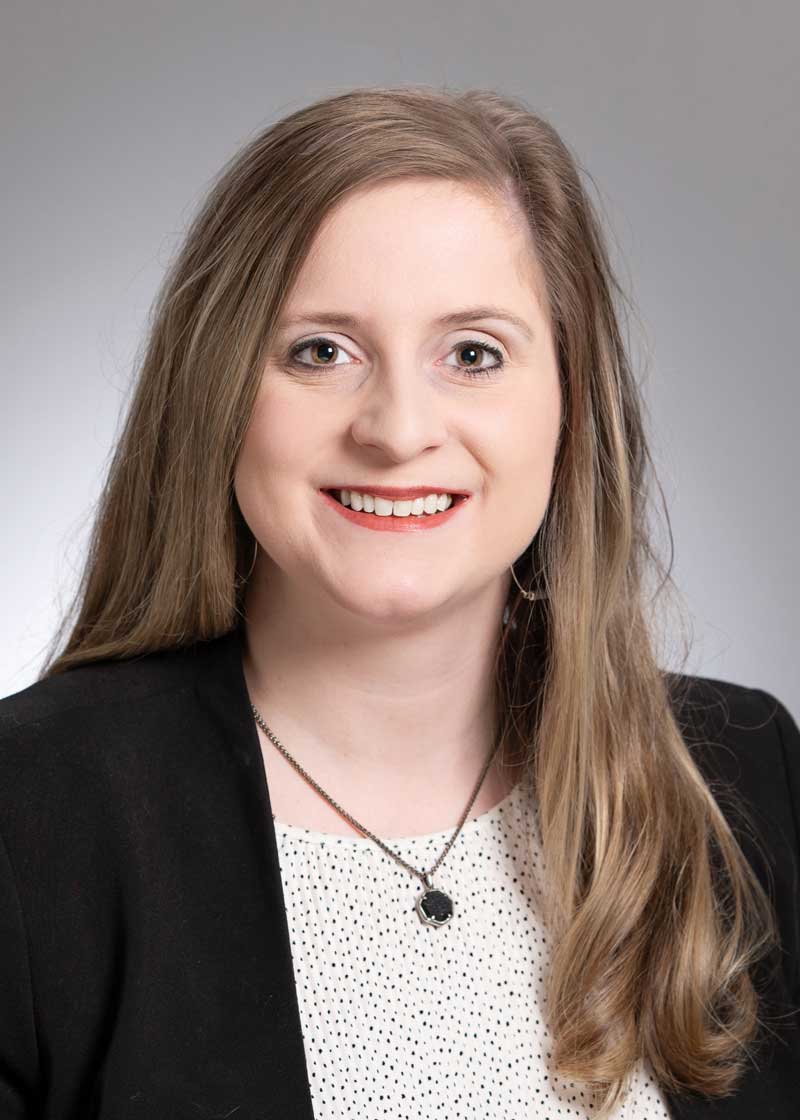What brought you to the UAB School of Public Health?
I have been at UAB since 2012 when I began my undergraduate education. Originally, I planned to attend dental school to be an orthodontist, but realized in my second year that was not what I needed to pursue. I considered medical school and pharmacy school, but neither seemed right. One day, I had a random conversation with a friend majoring in public health where we discussed epidemiology. My mother had previously been an infection control nurse, so I had some awareness of epidemiology, but my friend got me in touch with one of the faculty to discuss (now, he's one of my colleagues!). I decided to apply for the Accelerated Bachelor’s to Master’s program (at the time, the Fast Track Master’s in Public Health). On the first day of my first epidemiology course, I knew this was the field for me. I then decided to pursue my Ph.D. UAB has always been an obvious choice for me given my family ties to Alabama in addition to the prowess of the research and medical infrastructure.
What is the broad focus of your research?
My research is focused on the overlap between cancer and aging. I am interested in how a previous or current cancer diagnosis affects aging outcomes and the development of aging-related syndromes (e.g. dementia, frailty). I am also interested in investigating and intervening on rural-urban disparities in these cancer and aging outcomes/syndromes.
Where did you receive your training and degrees?
I received all of my training and degrees from UAB. I obtained my BS in Biology in 2016, MPH in Epidemiology in 2017, and Ph.D. in Epidemiology in 2021. I also completed a post-doctoral fellowship in health services, outcomes and effectiveness research via the T32 program offered in the Center for Outcomes and Effectiveness Research and Education (COERE). Congruent with my cancer and aging interests, my post-doctoral mentor was a board-certified geriatric oncologist.
What is the most exciting project you are currently working on?
I am currently working on an application for a K01 mentored career development award to be submitted to NIH in February. This project will focus on understanding the role of social determinants of health in rural-urban disparities in colorectal cancer mortality among older adults in Alabama. I am very excited about this project and see it as a major catalyst for my career and for (hopefully) eventual change in rural-urban cancer disparities among older adults.
What is your favorite self-authored manuscript?
My favorite manuscript to date examined rural-urban mortality differences among older adults with gastrointestinal cancers. The major finding was that despite all of the patients in the sample having visited UAB (and presumably receiving a similar level of care), the rural-residing patients had a higher hazard of death one-year post-diagnosis than those residing in urban areas. This project was the impetus for the K01 proposal I am currently finishing.
What professional accomplishment are you most proud of so far in your career?
Becoming faculty in the UAB School of Public Health is one of my proudest accomplishments. It is a full-circle moment given that I was educated in the school, and it is the completion of a goal I had been working toward for almost 10 years.
What is the coolest training or program you've been a part of, or your favorite conference you've attended?
The HSOER T32 in the COERE was one of my best experiences. It was pivotal in establishing my publication record, refining my research interests, growing my network, allowing me protected time to begin developing my K01 proposal and ensuring my success in securing a faculty position. Moreover, the friendships I made with my fellow post-docs and the pre-doctoral T32 fellows will last a lifetime.
What kind of research would you like to be doing that you haven’t yet had the opportunity to do?
I would love to investigate rural-urban disparities in cognitive complaints and/or development of dementia among older adults with cancer. I have done some cognitive work, and I have done some rural-urban work, but I would love to bring the two together.
If you had the funding to answer any one research question, what would that question be?
My biggest passion is to improve rural cancer care and outcomes in older adults, so I would like to definitively determine the direct causes of the disparities and exactly what needs to be done to remove them.
If you weren’t in academia, what would your career be?
Professional gymnast and/or dancer.
